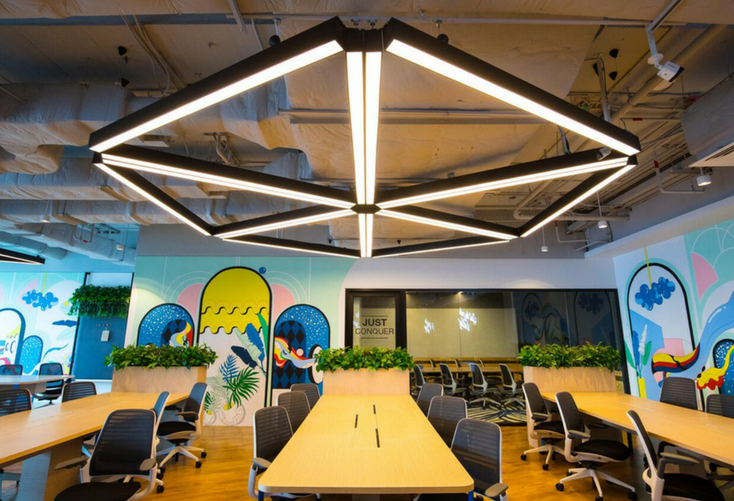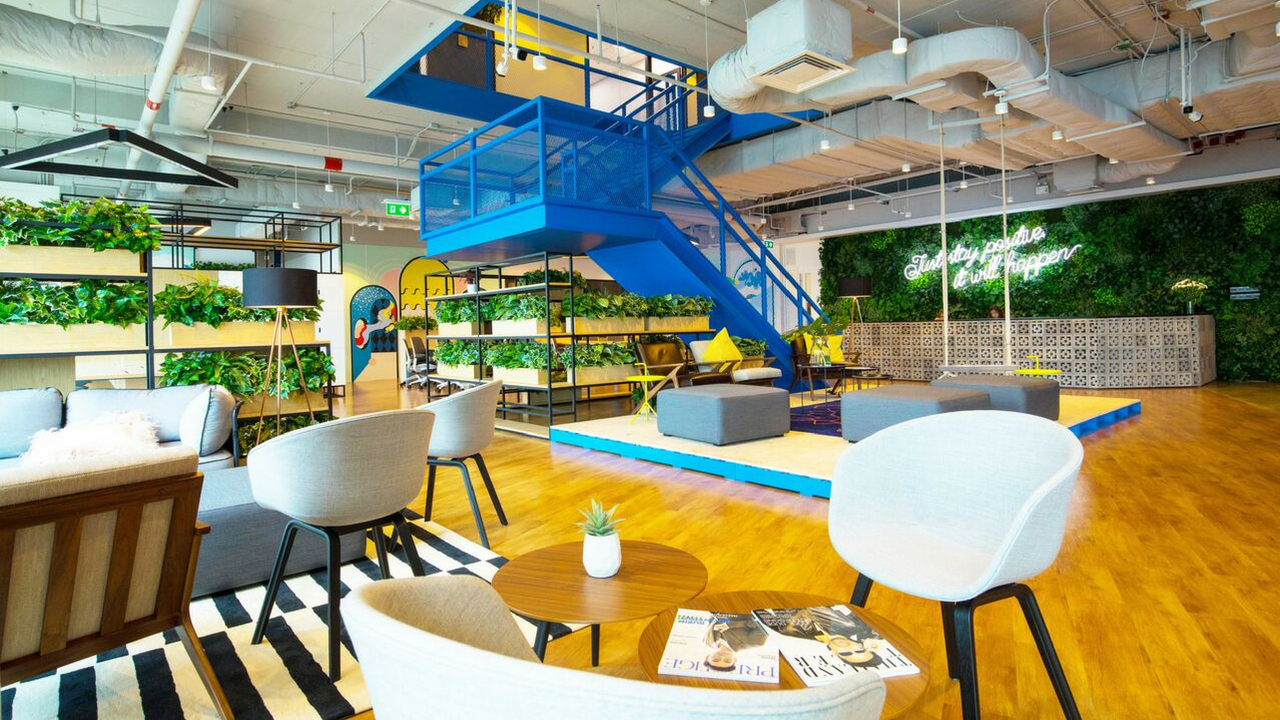- Singapore-based coworking operator, JustCo, has partnered with one of the country’s leading property owners
- The joint venture partnership with TICON is set to help JustCo “become the largest coworking network in Asia by 2020”
- The company’s ambitious plan is to open 100 flexible workspace centers in the next 2 years
Flexible workspace in Asia has grown at a faster rate than the US and the UK over the last three years. The market is booming with action, as local and international operators aim to position themselves as leaders in the region.
Just recently, JLL published the report “Spotting the Opportunities: Flexible Space in Asia Pacific”. The report highlights the region’s incredible growth in the past, and projects more growth in the near future.
“The flexible space sector in Asia Pacific is expanding rapidly. From 2014 to 2017, flexible space stock across the region recorded a compound annual growth rate of 35.7% in Asia Pacific — much higher than in the United States (25.7%) and Europe (21.6%) over the same period.”
And if this wasn’t already enough, JLL predicts that “the supply of flexible space is expected to grow in 2018 and beyond, thanks in part to the ambitions of major global and regional operators.”
The findings go well in line with Singapore-based coworking operator, JustCo’s, recent news.
JustCo recently announced that it has signed an exclusive joint venture partnership with TICON, one of Thailand’s leading property owners and developers that is majority-owned by Frasers Property.
JustCo is on a quest to “become the largest coworking network in Asia by 2020.” The company’s ambitious plan at the moment is to open 100 centers in the next 2 years.

One of the challenges flexible workspace operators in Asia Pacific face is that the “office stock in many Asian markets is controlled by a relatively small number of landlords. Compared with the United States where commercial holdings are much more dispersed, in some Asia Pacific markets a handful of landlords dominate the market.”
This means that if a single landlord decides not to lease space to a particular operator, the decision has a greater impact as it leaves the operator with limited options. It also means that property owners and developers have enough leverage to determine the shape of the flexible workspace market.
Luckily for operators in Asia, “flexible workspace is becoming an attractive option to those looking to create active, vibrant spaces and differentiate their buildings. Many are considering developing these facilities on their own or in partnership with an operator” — the latter is the case for JustCo and TICON.

JustCo’s joint venture partnership will give it an edge and advantage over the competition, as they are likely among the first in their market to enter one. Yet in order to stay ahead of the game, they will need to move fast, as JLL predicts that “join ventures of management contracts between landlords and flexible space operators are likely to become more common.”
Joint ventures are especially attractive for coworking operators seeking to expand and for investors that are interested in entering the market.
JustCo’s strategic partnership will help the company leverage and tap a wider network of industries such as commercial real estate, retail, hospitality, food & beverage, and industrial customers.



 Dr. Gleb Tsipursky – The Office Whisperer
Dr. Gleb Tsipursky – The Office Whisperer Nirit Cohen – WorkFutures
Nirit Cohen – WorkFutures Angela Howard – Culture Expert
Angela Howard – Culture Expert Drew Jones – Design & Innovation
Drew Jones – Design & Innovation Jonathan Price – CRE & Flex Expert
Jonathan Price – CRE & Flex Expert












